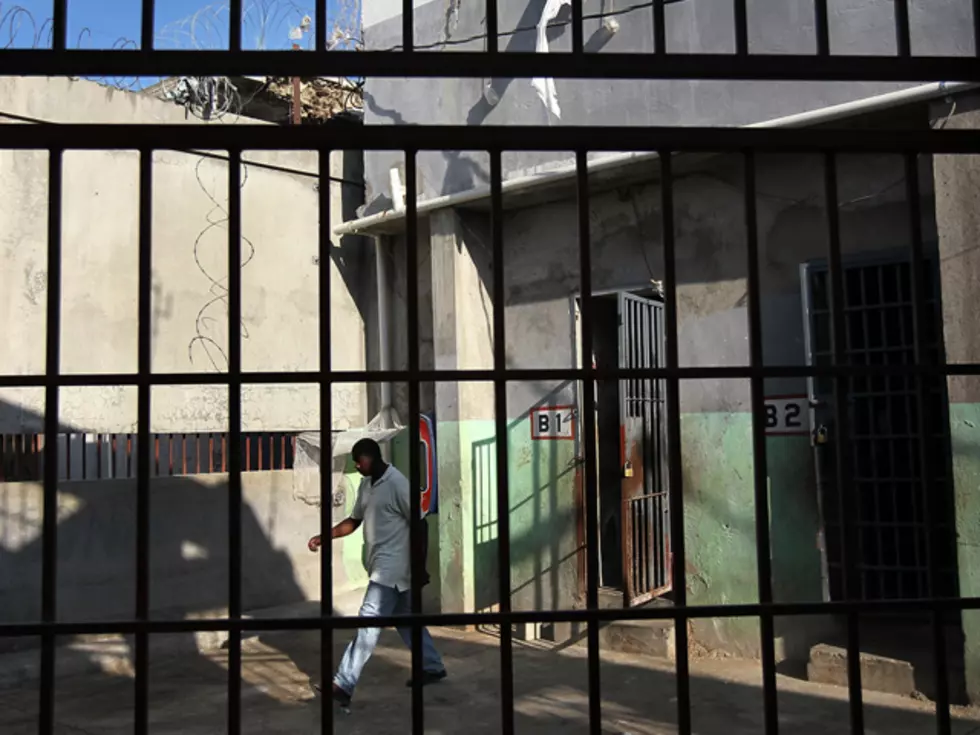![Fewer Crimes Committed by Young Offenders in NJ [AUDIO]](http://townsquare.media/site/385/files/2014/02/73904304.jpg?w=980&q=75)
Fewer Crimes Committed by Young Offenders in NJ [AUDIO]
New Jersey's juvenile justice system has been quietly modified over the past few years, with dramatically successful results.
More kids who commit crimes are being kept in their communities, instead of being locked up in a detention center, and the result has been a significant drop in the number of crimes committed by young offenders.
“Research clearly supports the approach of treating youth in their own communities – not in large institutions miles away from home,” said Bart Lubow, director, Juvenile Justice Strategy Group at the Annie E. Casey Foundation in Baltimore. “New Jersey is a success story in reducing reliance on county detention. The state is poised to take the next step forward. We can do things differently, continue to save money and not compromise public safety.’’
Before implementing changes about 10 years ago, New Jersey relied on placing kids in detention centers, many of which were overcrowded. Things started to change when New Jersey got involved with the Juvenile Detention Alternatives Initiative project.
"There's been greater use of home detention -- putting youth on ankle bracelets, for example, which restricts where they can be. Mostly it's just inside the house, or in the community, like at school," said Cecilia Zalkind, executive director of Advocates for Children of New Jersey.
Zalkind said young offenders do better in these environments because while their freedom is limited under house arrest, they still have their family around them. They can also get educational training and counseling.
"By following this approach, more kids are being rehabilitated, and many detention centers in New Jersey have been closed," Zalkind said.
Juveniles aren't the only ones who win; so do New Jersey taxpayers. Zalkind said the new approach to handling troubled juveniles saves taxpayers millions of dollars because kids are no longer getting deeper into the juvenile justice and adult criminal systems.
Zalkind stressed research shows adolescent brains are still rapidly developing, and they can be shaped in positive or negative ways, so you don't want them in an environment where they will be swayed by hardened criminals.
"The focus should be rehabilitation first and foremost, and that's what is happening now," Zalkind said.
More From New Jersey 101.5 FM






![Should Young Offenders Be Put in Solitary Confinement? [AUDIO]](http://townsquare.media/site/385/files/2013/07/alex-shalom.jpg?w=980&q=75)
